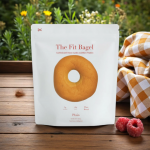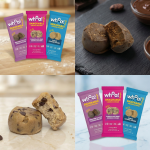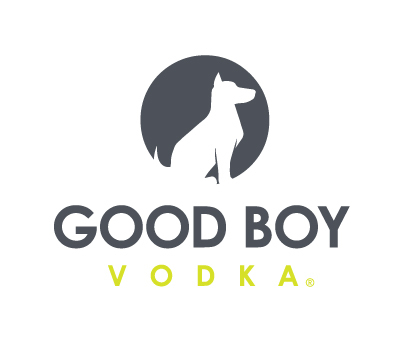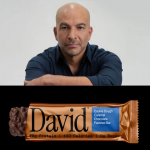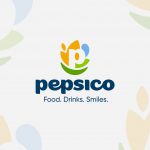Better Brand Works to Make Its Growth Goals a Reality
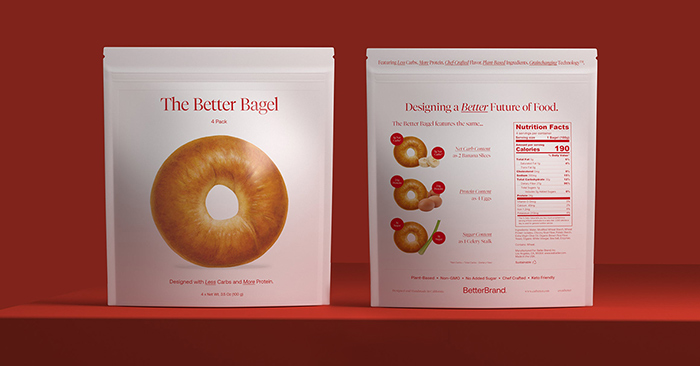
Better Brand has a simple goal: to make classic bakery staples…better. The low-carb, high-protein brand hopes to expand into food service and launch into other categories in the coming year, and believes investment into its production and staffing can help make this a reality.
Founded in 2021 by Aimee Yang, Better Brand seeks to offer lower carb, higher protein alternatives to traditional baked goods. The first product, The Better Bagel, launched earlier this year exclusively direct-to-consumer. Within the first three months of sales, Yang said the company hit a $1 million run rate for the year. Though that number largely represents first time buyers, she noted that the company has seen solid repeat purchasing numbers of over 50%. While Yang did not detail the company’s customer acquisition costs, Better Brand has heavily invested into influencer marketing and Google Ads campaigns.
“The excitement, the demand that we’ve been able to capture from a data standpoint in, you know, a short amount of time allows us to kind of also understand like, yes, you know, this is a product market fit,” she said.
Investors were onboard as well. The company raised roughly $4 million from investors including VERSO Capital, restaurant entrepreneur Sean Thomas, actress Emmy Rossum, Venture for America’s CEO Dorie Smith, Alexis Ohanian’s venture firm Seven Seven Six, Cruise founder Kyle Vogt, actor/investor Patrick Schwarzenegger and Soma Capital.
First on the to-do list was a reformulation late last fall, both to improve nutritionals and taste and also to reduce costs. While carbohydrate counts, calories and fiber have gone down in the latest version, protein has gone up — a move that Yang says improves texture and taste. Pointing to social media influencers who have shared glucose meter readings as evidence, she said the new formulation still doesn’t result in blood sugar spikes like normal baked goods.
Meanwhile, Better Brand also switched from chicory root fiber to agave inulin as climate conditions in Europe and South America have led to poor chicory harvests, driving up the ingredient’s cost.
In November, Yang also brought on Matthew McDonald as Chief Product Officer. With over a decade of experience in the bakery industry, McDonald formerly worked as director of culinary innovation for Artisan Bakes (previously Arytza), commercializing new products for its collective of bakery brands. He also was an executive baker at famed chef Thomas Keller’s restaurant group.
McDonald’s first task was finding and setting up a new copacker. Despite not being equity holders in the company, Yang said, the facility has agreed to only produce Better Brand products.
“We want them to be a really, long term partner,” she said. “With the automation that we’re building…and the demand that we’re forecasting, you know, it’s really exciting, and it’s motivating on both ends.”
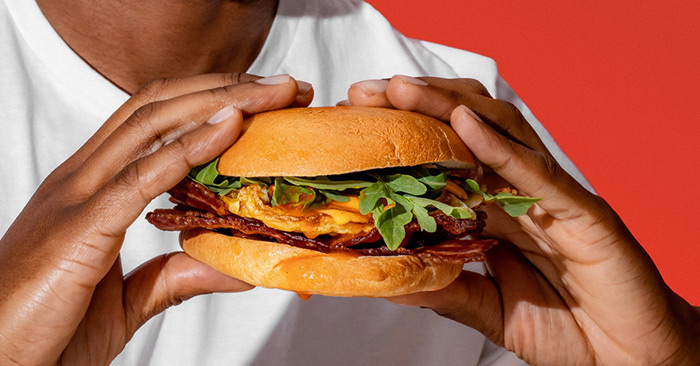
The company still faces other logistical challenges, such as shipping frozen products nationwide. To shave costs off shipping, the company pulled from a tactic used by retailers, which often receive products frozen and then slack them out as needed, Better Brand ships its frozen bagels to consumers at ambient temperatures. Once the bagels are received, consumers are told to either consume immediately, or refreeze them.
That means that the bagels essentially act as ice packs, and that the window for shipping is limited. To that extent, the company has recently faced reports of moldy bagels — an issue which NOSH verified with several sources within the food industry. Andrea Hernandez, who runs food community Snaxshot, also tweeted about the issue. Yang attributed any mold problems to customers not opening packages fast enough or shipping delays, as well as the product’s “freshness,” but noted that the company has not received widespread complaints and does not plan to change the shipping method.
Despite the D2C emphasis, the brand hopes to also grow by expanding into brick and mortar grocers and quick service restaurants (QSR). While Yang couldn’t comment on specific QSR partnerships, she noted that the company is “leaning on its investor base.” That group includes Thomas, the grandson of Wendy’s founder Dave Thomas, who still sits on the fast-food chain’s board of directors. Yang acknowledged that the move will require the company to launch new product types: first up is roll line Better Bread.
Better Brands’ current marketing – which includes referring to traditional baked goods as “vintage,” junk food – may be an awkward fit in a fast food setting — though Yang believes it resonates with shoppers.
“It’s really about transforming…the foods that we crave, right, and are associated with that sense of comfort, but we feel guilty about eating,” she said. “What we’re trying to do is get rid of ‘[dieting]’ altogether and create a world where people feel kind of entirely free…we’re not saying you should feel guilty when you eat a bagel, but, but I also think it’s important to be conscious of what you’re eating.”
Meanwhile, to enter retail, Yang admits that pricing will have to drop “fairly significantly,” from its current MSRP of $4.50 per bagel to a price point closer to other better-for-you bagels at $2.50 to $2.75 a bagel. The focus on distribution expansion is key, she said, to hitting these goals.
“There’s a lot going on, she admitted, “[But] scale is something that we’re very, very focused on.”

